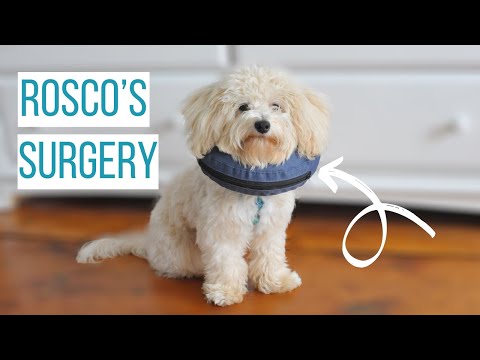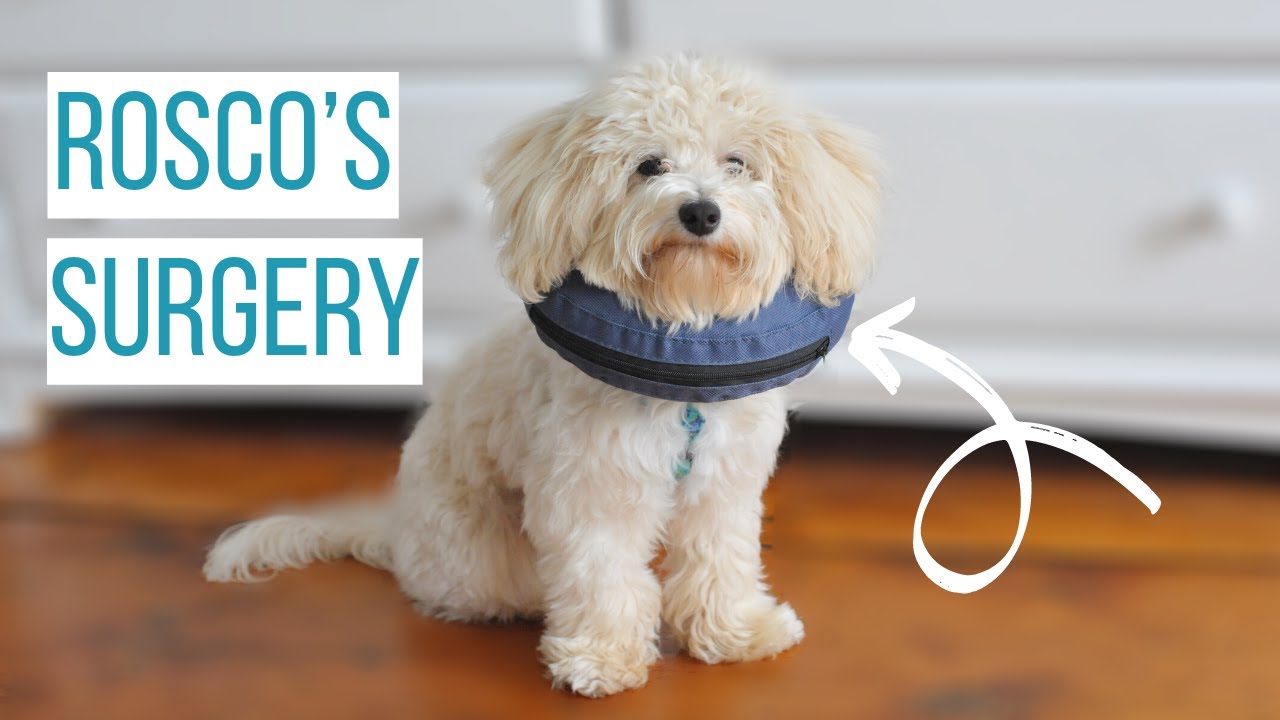Curious about what to expect after your dog gets neutered? Wondering how this procedure will affect your furry friend’s behavior and overall health? Look no further! Discover all the fascinating insights into the post-neutering experience right here. From the recovery process to the changes in behavior, we’ve got you covered. After your dog is neutered, it’s natural to wonder about the healing time and how to ensure a smooth transition. We’ll provide you with essential tips on post-operative care to help your loyal companion feel comfortable and secure during this period. Moreover, we’ll explore the potential behavioral changes that may occur after the procedure, such as decreased aggression, reduced roaming tendencies, and improved focus. Understanding these changes can strengthen the bond between you and your dog and contribute to a harmonious household. So, if you’re ready to discover the ins and outs of what happens after your dog gets neutered, read on to gain valuable knowledge and ensure a positive experience for both you and your beloved pet.

What to Expect After Your Dog Gets Neutered
| Aspect | Information |
|---|---|
| Recovery Time | After neutering, your dog will need some time to recover from the surgical procedure. On average, it takes about 7-10 days for the incision site to heal completely. |
| Activity Level | During the recovery period, your dog may exhibit reduced activity levels. It is important to keep them calm and restrict exercise to prevent any complications or excessive strain on the surgical site. |
| Appetite Changes | Some dogs may experience a temporary decrease in appetite after being neutered. This is normal and usually resolves within a few days. However, if the loss of appetite persists, consult your veterinarian. |
| Behavior Changes | Neutering can often lead to positive behavior changes in dogs. It helps reduce aggressive tendencies, roaming behavior, and territorial marking. However, it may take a few weeks for these changes to become noticeable. |
| Post-Surgical Care | Proper post-operative care is crucial to ensure a smooth recovery. Follow your veterinarian’s instructions regarding wound care, medications, and any necessary follow-up appointments. |
| Potential Complications | While complications are rare, it is important to be aware of potential risks. These include infection, excessive bleeding, or adverse reactions to anesthesia. Contact your vet immediately if you notice any concerning symptoms. |
“ROSCO’s Adventure Begins: A Guide to Life After Dog Neutering”
What to Expect After your Dog Gets Neutered
Neutering your dog is an important decision that can have long-term benefits for both you and your furry friend. It is a surgical procedure that removes the testicles of male dogs, preventing them from reproducing and reducing certain health risks. While neutering is a common and routine procedure, it is important to be aware of what to expect after your dog undergoes this surgery.
1. Post-Surgery Recovery
After the surgery, your dog will need some time to recover. It is normal for your pet to feel groggy and disoriented due to the anesthesia. You may notice that your dog is less active and prefers to rest more than usual. It is essential to provide a quiet and comfortable space for your dog to recover.
During the recovery period, your dog may experience some discomfort, swelling, or bruising around the surgical site. It is crucial to follow your veterinarian’s instructions on pain management and monitor the incision site for any signs of infection.
2. Changes in Behavior
Neutering can have a significant impact on your dog’s behavior. One of the most noticeable changes is a reduction in aggression and territorial marking. Neutered dogs tend to be calmer and less likely to engage in fights or exhibit dominance-related behaviors.
Additionally, neutering can reduce the urge to roam and escape, as your dog will no longer be driven by the desire to find a mate. This can be particularly beneficial for dogs who tend to run away or get lost.
It is important to note that neutering may not completely eliminate all behavioral issues. Dogs with existing behavior problems should continue to receive proper training and socialization.
3. Weight Management
After neutering, your dog’s metabolism may slow down, which can lead to weight gain if not properly managed. It is essential to monitor your dog’s diet and adjust their food intake to prevent obesity.
Consult with your veterinarian to determine the appropriate amount of food and the best feeding schedule for your dog. Regular exercise is also crucial to keep your pet fit and healthy. Engage in activities such as walks, playtime, or interactive toys to keep your dog active and prevent weight gain.
4. Long-Term Health Benefits
Neutering your dog can provide several long-term health benefits. It significantly reduces the risk of certain diseases, such as testicular cancer and prostate problems. Neutered dogs are also less likely to develop behavioral issues related to mating instincts.
Furthermore, neutering can help control the overpopulation of stray dogs and reduce the risk of your dog contracting sexually transmitted diseases.
It is important to discuss with your veterinarian the optimal age to neuter your dog based on their breed, size, and overall health. Early neutering has been shown to provide additional health benefits, but your veterinarian will guide you through the best decision for your pet.
5. Follow-Up Care
After your dog gets neutered, it is crucial to follow up with your veterinarian for post-operative check-ups and any necessary vaccinations or medications. Your vet will monitor the healing process and ensure that your dog is recovering well.
If you notice any unusual symptoms or if your dog’s behavior changes dramatically after the surgery, do not hesitate to contact your veterinarian. They will provide guidance and address any concerns you may have.
Remember, every dog is unique, and the recovery process may vary. Providing your dog with love, care, and attention during this time will help ensure a smooth and successful recovery.
Neutering your dog is an important step towards responsible pet ownership. By understanding what to expect after the procedure, you can better support your dog’s recovery and enjoy the long-term benefits of this decision.

